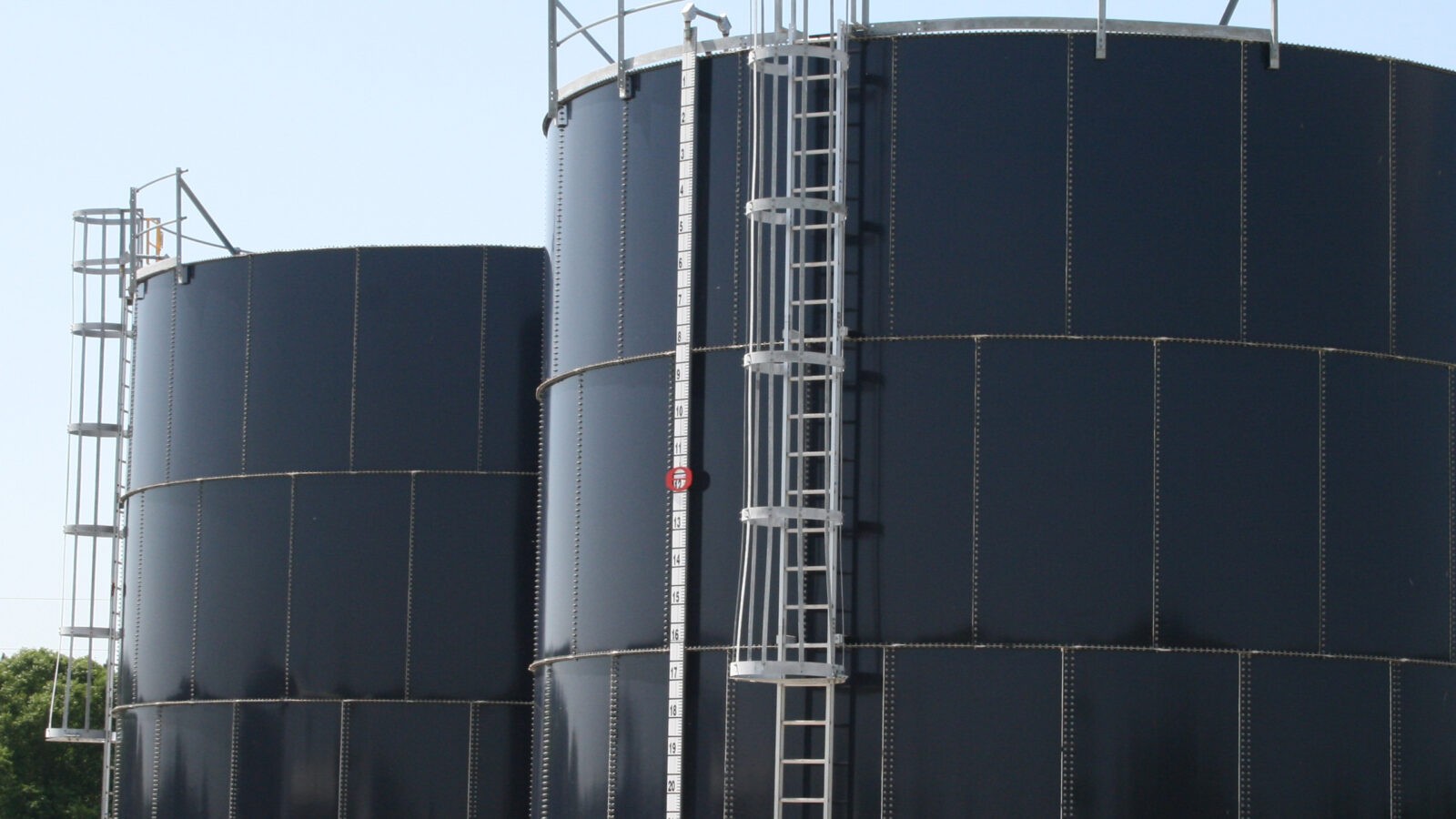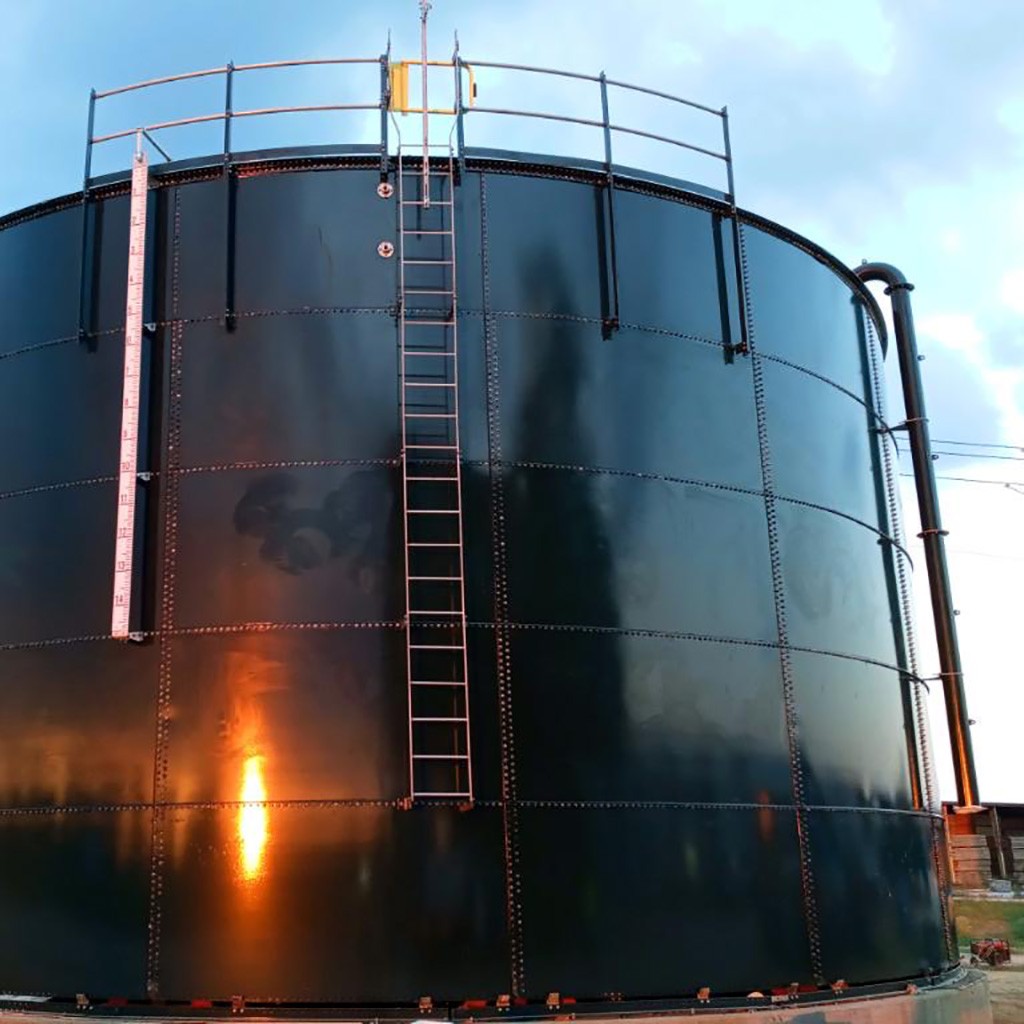Comprehensive Guide to Storage Tanks for Water in Texas

Water is a crucial resource, especially in Texas, where the climate can range from arid to semi-arid, and water conservation is vital. Proper water storage solutions are essential for residential, agricultural, and industrial needs. At FORGE, located in Texas, we specialize in providing high-quality storage tanks for water, ensuring that our clients have reliable and efficient water storage systems. This comprehensive guide will help you understand the importance of water storage, the different types of storage tanks available, and how to choose the right tank for your needs.
Why Water Storage is Essential in Texas
Texas is known for its unpredictable weather patterns, including droughts and heavy rains. Managing water resources efficiently is crucial for sustainability and ensuring a stable water supply. Here are some key reasons why water storage is essential in Texas:
1. Drought Preparedness
Texas often experiences periods of drought, which can severely impact water availability. Having a reliable water storage system ensures that you have a sufficient water supply during dry spells, reducing dependency on external sources.
2. Rainwater Harvesting
Rainwater harvesting is an effective way to collect and store rainwater for various uses. This method reduces the strain on municipal water systems and helps conserve water. Storage tanks for water are an integral part of a rainwater harvesting system, allowing you to capture and store rainwater efficiently.
3. Emergency Supply
In the event of natural disasters or infrastructure failures, having a backup water supply is critical. Storage tanks provide a secure reserve of water that can be used during emergencies, ensuring you have access to clean water when needed.
4. Agricultural Use
Agriculture is a significant industry in Texas, requiring substantial amounts of water for irrigation and livestock. Storage tanks allow farmers to store water during wet periods and use it during dry spells, ensuring consistent crop production and livestock care.
Types of Storage Tanks for Water

When selecting a storage tank, it's essential to consider the material, size, and specific requirements of your application. Here are some of the most common types of storage tanks for water:
1. Polyethylene (Plastic) Tanks
Polyethylene tanks are popular due to their durability, lightweight nature, and resistance to corrosion. They are available in various sizes and shapes, making them suitable for a range of applications.
Pros:
Lightweight and easy to transport.
Resistant to corrosion and UV radiation.
Available in various sizes and shapes.
Cost-effective.
Cons:
May degrade over time when exposed to harsh sunlight.
Limited lifespan compared to other materials.
2. Steel Tanks
Steel tanks are known for their strength and longevity. They can withstand extreme weather conditions and are available in galvanized, stainless, and coated steel options.
Pros:
Extremely durable and long-lasting.
Can withstand extreme weather conditions.
Suitable for large-scale water storage needs.
Cons:
Heavier and more challenging to install.
More expensive than plastic tanks.
Prone to rust if not properly coated or maintained.
3. Fiberglass Tanks
Fiberglass tanks offer excellent durability and resistance to corrosion and chemicals. They are lightweight and can be customized to specific requirements.
Pros:
Highly durable and resistant to corrosion and chemicals.
Lightweight and easy to install.
Long lifespan with minimal maintenance.
Cons:
Higher initial cost compared to plastic tanks.
Limited availability in some regions.
4. Concrete Tanks
Concrete tanks are incredibly robust and can store large volumes of water. They are suitable for both above-ground and underground installation.
Pros:
Extremely robust and durable.
Suitable for both above-ground and underground installation.
Resistant to fire and extreme temperatures.
Cons:
Very heavy and difficult to transport and install.
Higher installation costs.
Susceptible to cracking over time.
Choosing the Right Storage Tank for Your Needs
Selecting the appropriate storage tank depends on various factors, including your water usage, site conditions, and budget. Here are some key considerations to help you make an informed decision:
1. Purpose and Usage
Identify the primary use of the water tank. Whether it's for household use, irrigation, livestock, or industrial purposes, understanding the intended application will guide you in selecting the right type and size of the tank.
2. Storage Capacity
Determine your water requirements to select the appropriate tank size. Consider the number of users, daily water consumption, and the duration of dry periods. It's advisable to choose a tank with a slightly larger capacity to accommodate future needs.
3. Installation Site
Evaluate the installation site to decide whether an above-ground or underground tank is more suitable. Above-ground tanks are easier to install and maintain, while underground tanks save space and are less affected by temperature fluctuations.
4. Material and Durability
Consider the material of the tank based on its durability, maintenance needs, and environmental conditions. For example, if you're in an area with high UV exposure, UV-resistant polyethylene tanks or coated steel tanks might be ideal.
5. Budget
Set a budget for your water tank purchase and installation. While it's important to consider cost, also factor in the long-term benefits and maintenance requirements to ensure you're making a cost-effective investment.
Installation and Maintenance of Water Tanks
Proper installation and regular maintenance are crucial for the longevity and performance of your water tank. Here are some tips to ensure your tank operates efficiently:
Installation Tips
Site Preparation: Ensure the installation site is level, stable, and free from sharp objects that could damage the tank. For underground tanks, proper excavation and backfilling are essential.
Foundation: Provide a solid foundation, such as a concrete slab or compacted gravel base, to support the tank's weight and prevent shifting.
Plumbing: Use high-quality pipes and fittings to connect the tank to your water supply system. Ensure all connections are secure and leak-free.
Overflow Management: Install an overflow pipe to direct excess water away from the tank and prevent flooding or damage.
Maintenance Tips
Regular Inspections: Check the tank for any signs of damage, leaks, or corrosion. Address any issues promptly to prevent further damage.
Cleaning: Periodically clean the tank to remove sediment, algae, and debris. Use non-toxic cleaning agents and rinse thoroughly.
Pest Control: Ensure the tank is sealed properly to prevent the entry of pests and contaminants. Install screens on vents and overflow outlets.
Water Quality Testing: Regularly test the stored water for quality, especially if it's used for drinking or irrigation. Treat the water if necessary to maintain its safety and suitability.
Why Choose FORGE for Your Water Storage Needs?
At FORGE, we pride ourselves on offering top-quality storage tanks for water that meet the diverse needs of our clients. Here’s why you should choose us for your water storage solutions:
1. High-Quality Products
We offer a wide range of water tanks made from durable materials, ensuring long-lasting performance and reliability. Our tanks are designed to withstand the harsh Texas climate and provide efficient water storage.
2. Customization Options
We understand that every client has unique requirements. That’s why we offer customizable tank solutions to meet your specific needs, whether it’s for residential, agricultural, or industrial use.
3. Expertise and Experience
With years of experience in the industry, our team has the knowledge and expertise to help you choose the right tank and ensure it’s installed correctly. We provide comprehensive support from selection to installation and maintenance.
4. Customer Satisfaction
Customer satisfaction is our top priority. We are committed to providing excellent service and high-quality products that meet and exceed your expectations.
Conclusion
Investing in storage tanks for water is a smart and practical decision for anyone in Texas. With the right type of tank and proper maintenance, you can ensure a reliable water supply, save on costs, and contribute to sustainable water management. At FORGE, we offer a range of high-quality storage tanks tailored to meet your specific needs. Contact us today to learn more about our products and how we can help you achieve efficient water storage solutions.
For more information, visit our website or get in touch with our team of experts who are always ready to assist you in making the best choice for your water storage needs.